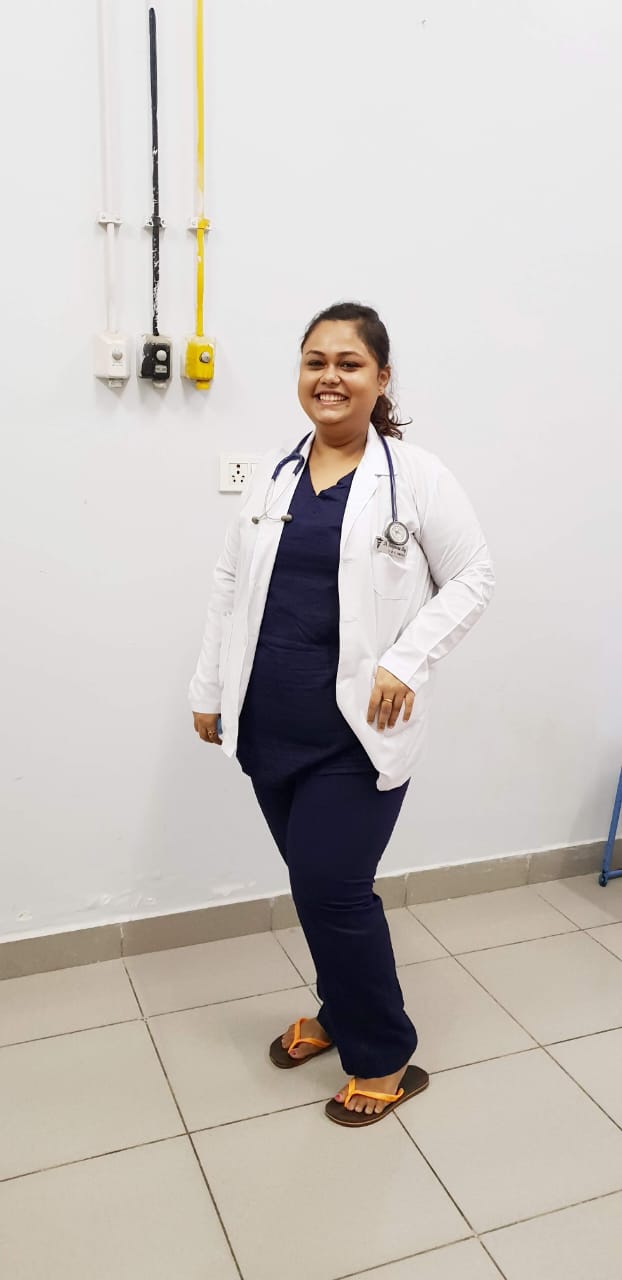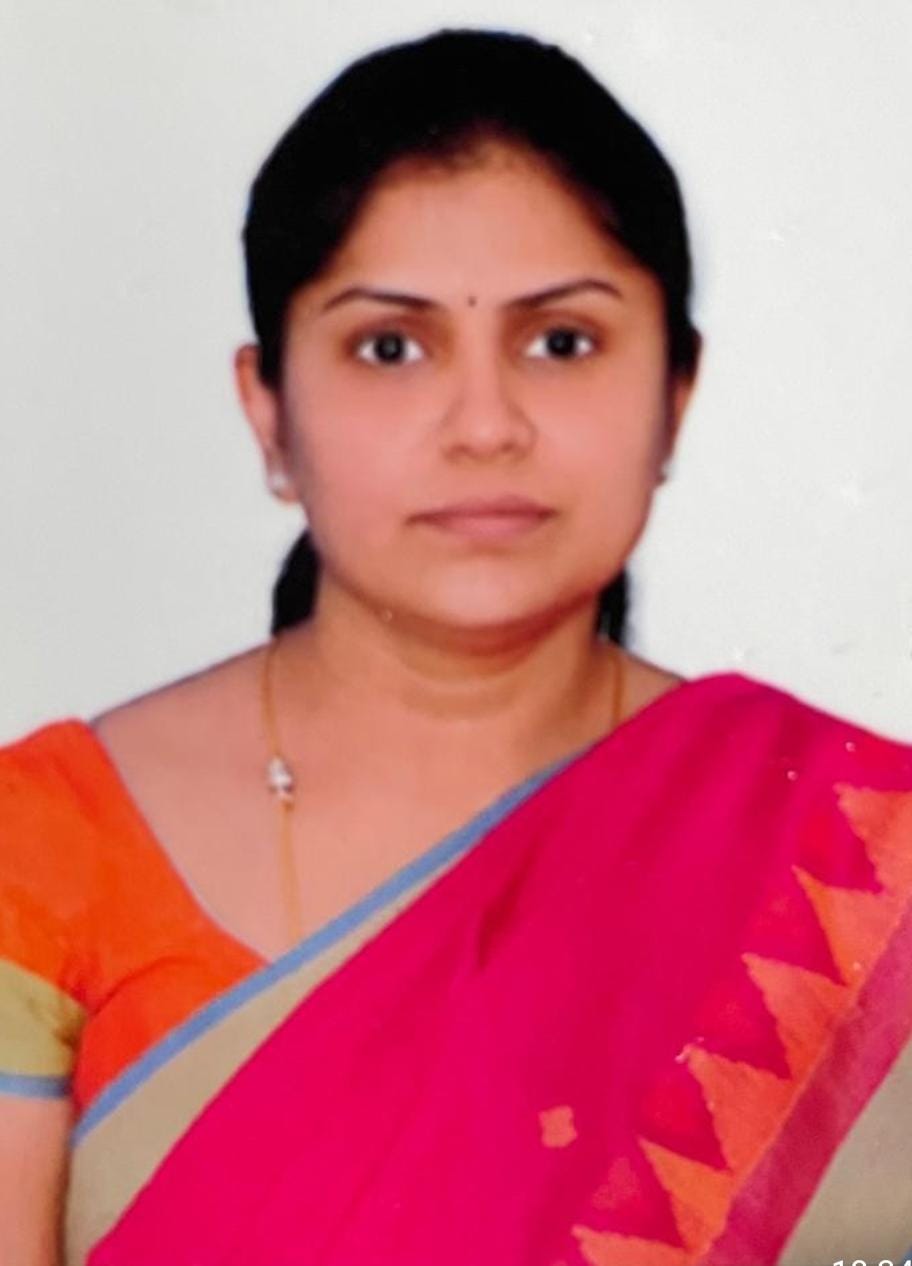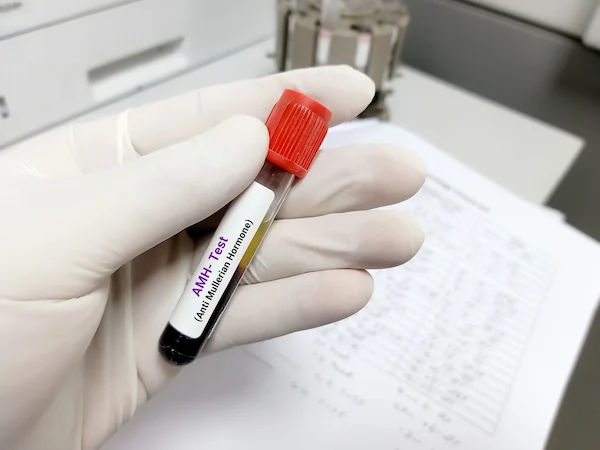Pap Smear Test Overview and Information
Learn what a Pap smear test is, why it’s important, who should get it, and how it helps prevent cervical cancer through early detection.

Written by Dr. M L Ezhilarasan
Reviewed by Dr. Rohinipriyanka Pondugula MBBS
Last updated on 3rd Sep, 2025

A Pap smear (also called a Pap test) is a quick and painless test that helps detect early signs of cervical cancer or abnormal cell changes in the cervix. It is one of the most effective ways to prevent cervical cancer, and getting it done regularly can save lives.
If you’ve been advised to take a Pap smear or are curious about it, this guide will help you understand what it is, why it’s important, and what to expect.
What Is a Pap Smear Test?
A Pap smear is a screening test where a doctor or nurse collects a small sample of cells from your cervix (the lower part of the uterus). These cells are then examined under a microscope to check for any abnormalities that could lead to cervical cancer.
Why Is It Important?
- Early Detection: It can find abnormal cells before they turn into cancer.
- Prevention: Detecting changes early means treatment can be started sooner.
- Saves Lives: Regular Pap tests have significantly reduced cervical cancer cases worldwide.
Who Should Get a Pap Smear?
Recommended Age & Frequency
Women aged 21–65 should get regular Pap smears.
- 21–29 years: Every 3 years.
- 30–65 years: Every 3 years (Pap test alone) or every 5 years (if combined with an HPV test).
- After 65: Your doctor may say you can stop if previous tests were normal.
Who Needs It More Often?
- Those with a history of abnormal Pap smears.
- Women with weakened immune systems (e.g., HIV).
- Those exposed to DES (diethylstilbestrol) before birth.
What Happens During a Pap Smear?
Before the Test
- Avoid intercourse, douching, or using vaginal medicines 2 days before.
- Schedule the test when you’re not menstruating.
- During the Test (5–10 minutes)
1. You lie on an exam table, and a speculum is gently inserted to open the vagina.
2. A small brush or spatula collects cells from the cervix.
3. The sample is sent to a lab for testing.
Does It Hurt?
- Most women feel only mild discomfort, like a slight pinch or pressure. Relaxing helps make it easier.
Consult a Gynaecologist for the best advice
Understanding Your Results
Normal (Negative) Result
- No abnormal cells found.
- Continue regular screenings as advised.
Abnormal (Positive) Result
This does not mean you have cancer—it could be due to:
- Inflammation or infection (e.g., yeast infection).
- HPV (human papillomavirus), a common virus linked to cervical cancer.
- Precancerous cells (mild, moderate, or severe changes).
Your doctor may recommend:
- Repeat the Pap test in a few months.
- HPV testing (if not already done).
- Colposcopy (a closer look at the cervix).
How to Reduce Your Risk of Cervical Cancer
1. Get Vaccinated Against HPV
- The HPV vaccine (Gardasil, Cervarix) protects against cancer-causing strains.
- Recommended for girls and boys aged 9–26 (and some adults up to 45).
2. Practice Safe Sex
- Use condoms to lower HPV risk.
- Limit sexual partners.
3. Quit Smoking
- Smoking weakens the immune system, making it harder to fight HPV infections.
4. Eat a Healthy Diet
- Foods rich in folate (leafy greens, beans), vitamin C (citrus fruits), and antioxidants support cervical health.
5. Regular Screenings
- Pap smears + HPV tests (if recommended) are the best prevention.
When to See a Doctor Immediately
Consult your doctor if you notice:
- Unusual vaginal bleeding (after sex, between periods, after menopause).
- Pelvic pain or discomfort.
- Abnormal discharge with a foul smell.
Book Your Pap Smear Test Today
If you’re due for a Pap smear or have concerns about cervical health, Apollo 24|7 makes it easy to schedule a test or consult a gynecologist online. Early detection saves lives, don’t delay your screening!
Get Your Health Assessed
Final Thoughts
A Pap smear is a simple, life-saving test that every woman should prioritize. By staying informed and getting regular screenings, you take a powerful step toward protecting your health. If you have any concerns, don’t hesitate to talk to your doctor—they’re there to help you stay healthy and confident.
Consult a Gynaecologist for the best advice
Consult a Gynaecologist for the best advice

Dr Hymavathi Kaliki
Obstetrician and Gynaecologist
45 Years • MBBS, DGO, MD (Obstetrics & Gynaecology), FICS -USA (Fellowship - International College of Surgeons - Obstetrics & Gynaecology), FART (Fellowship - Assisted Reproductive Technology)
Visakhapatnam
Apollo 24|7 Clinic - Andhra Pradesh, Visakhapatnam

Dr Swatika Kumari
Obstetrician and Gynaecologist
19 Years • MBBS, DGO, DNB Obstetrics & Gynaecology
Nashik
Apollo 24|7 Clinic - Maharashtra, Nashik

Dr. G Sireesha
Obstetrician and Gynaecologist
8 Years • MBBS, DGO
Visakhapatnam
Apollo 24|7 Clinic - Andhra Pradesh, Visakhapatnam

Dr. Sreeparna Roy
Obstetrician and Gynaecologist
8 Years • MBBS , MS (OBSTETRICS & GYNAECOLOGY), Fellowship in Infertility, Endoscopy & Ultrasonography), Fellowship in Laparoscopy & Hysteroscopy,DRM
Barasat
Diab-Eat-Ease, Barasat

Dr. Sangeetha M
Obstetrician and Gynaecologist
21 Years • MBBS, MS ( Obstetrics & Gynaecology )
Bansdroni
Siddhita Healthcare., Bansdroni
Consult a Gynaecologist for the best advice

Dr Hymavathi Kaliki
Obstetrician and Gynaecologist
45 Years • MBBS, DGO, MD (Obstetrics & Gynaecology), FICS -USA (Fellowship - International College of Surgeons - Obstetrics & Gynaecology), FART (Fellowship - Assisted Reproductive Technology)
Visakhapatnam
Apollo 24|7 Clinic - Andhra Pradesh, Visakhapatnam

Dr Swatika Kumari
Obstetrician and Gynaecologist
19 Years • MBBS, DGO, DNB Obstetrics & Gynaecology
Nashik
Apollo 24|7 Clinic - Maharashtra, Nashik

Dr. G Sireesha
Obstetrician and Gynaecologist
8 Years • MBBS, DGO
Visakhapatnam
Apollo 24|7 Clinic - Andhra Pradesh, Visakhapatnam

Dr. Sreeparna Roy
Obstetrician and Gynaecologist
8 Years • MBBS , MS (OBSTETRICS & GYNAECOLOGY), Fellowship in Infertility, Endoscopy & Ultrasonography), Fellowship in Laparoscopy & Hysteroscopy,DRM
Barasat
Diab-Eat-Ease, Barasat

Dr. Sangeetha M
Obstetrician and Gynaecologist
21 Years • MBBS, MS ( Obstetrics & Gynaecology )
Bansdroni
Siddhita Healthcare., Bansdroni




